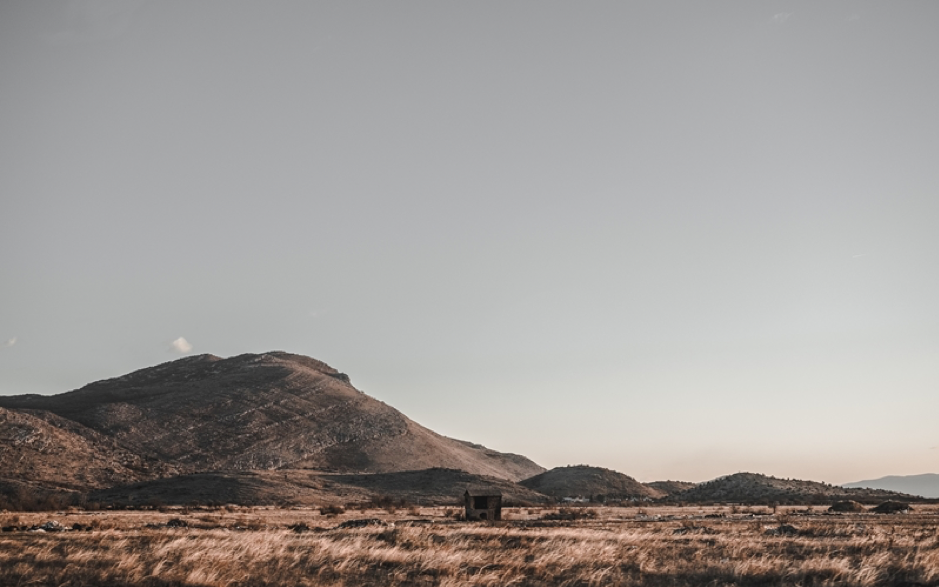Buying a bare rural or lifestyle block in New Zealand is a dream for many, and with these blocks continuing to perform well on the national real estate market, it can also be a great investment. However, buying acres in the countryside isn't the same as a property in a city or township.
Here are a few secrets to buying bare rural or lifestyle land.
1. Land covenants and planning issues
When buying a bare rural or lifestyle block, it's worth gaining an understanding of local land covenants, as these spell out what you can and can't do on your property. Covenants can affect anything from the size or standard of the dwelling you are permitted to build on your block, to quality requirements for any fencing you wish to install. This is particularly important if you are also planning to use your block for commercial or farming purposes, as covenants can forbid certain activities.
Land covenants can also have more positive implications, such as requiring all landowners in the local area to maintain the land and properties to a certain standard.
While knowing how local rules impact on your property is important, you should also examine how they affect your neighbours. Rural councils often put in place 'setbacks' to keep members of the public safe from some common countryside activities, such as the use of chemical fertilisers and herbicides, and to stop property crowding. It is worth knowing if any of these apply to your neighbours, as setbacks create zones within which building is not permitted.
Your agent will be able to tell you where to find all the necessary information on land covenants and setbacks.

It's useful to know how covenants affect your property, and how you can use the land.
2. Sewerage and water systems
Bare land is often not connected to water and sewerage systems. There are two important considerations with regards to water and sewerage for bare rural and lifestyle blocks:
- Make sure you check the requirements at both a local and regional level, and ensure the systems you choose to install meet the criteria.
- Check your purchase agreement to ensure that transfer of resource consents for both of these amenities is included.
Whether or not you need a resource consent for your water system often depends on whether it is being used for domestic or commercial purposes. For domestic use, taking water is usually permitted, but when this is done for commercial reasons you often require a consent. However, this varies by region in New Zealand, so be sure to check local regulations.
You should also check the quality of the water to make sure it is safe to drink by asking the vendor, or the territorial local authority (TLA).
3. GST
To avoid a surprise bill on top of the purchase price of your block, you should check with your vendor if they are registered for GST, and if this is included in the sale figure. You also need to decide if you want to register yourself for GST on the purchase. Unless the block is particularly large, and you plan to run it commercially, most opt not to register. This is simply because it eliminates the need to fill out GST returns and account for GST when you come to sell.

Make sure you ask your agent about the nearest amenities.
4. Questions to ask your agent
Here are a few other questions you might want to ask your agent before buying bare rural or lifestyle property:
- How far are the closest shops and amenities?
- Where are the local schools, and does the school bus come near the block?
- Is the motorway nearby and easily accessible?
- What is the soil type, and to which crops/plants is it best suited?
- Am I allowed to graze stock on the property?
- Can I subdivide the land?
Knowing the secrets of purchasing bare rural or lifestyle land is key to making your investment a success. Find the best bare rural and lifestyle land on New Zealand's largest property listing site - realestate.co.nz.
31 Aug 2018

